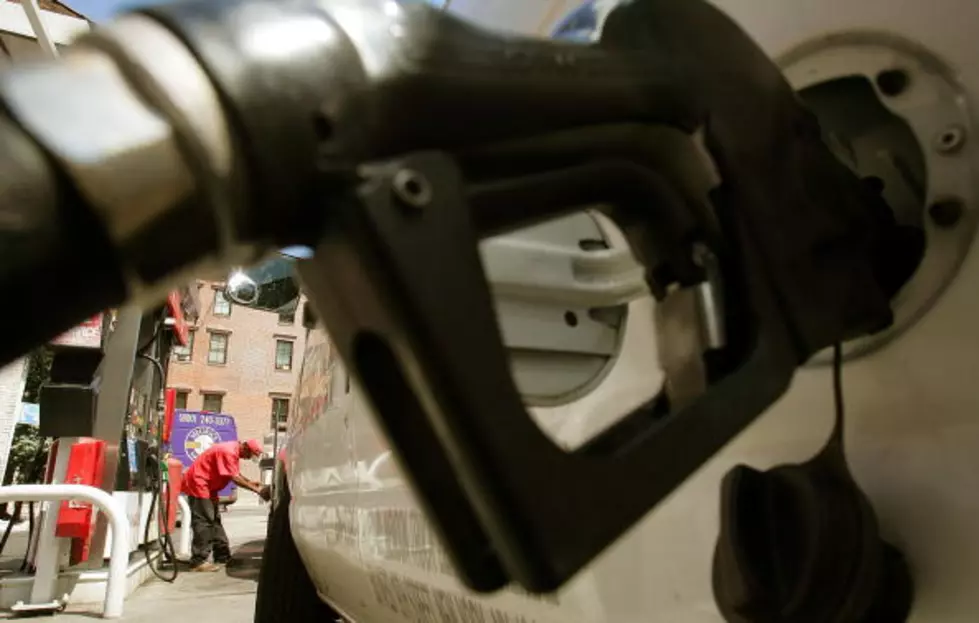![New Jersey Sixth In Nation In Fatal Seniors Accidents [AUDIO]](http://townsquare.media/site/385/files/2012/02/caraccident-630x414.jpg?w=980&q=75)
New Jersey Sixth In Nation In Fatal Seniors Accidents [AUDIO]
New Jersey ranks sixth in the nation when it comes to fatal traffic crashes involving at least one driver over the age of 65 and tenth in the number of licensed drivers over 65. So, what can be done to ensure the safety of those who may be losing reactionary skills?
"Communication is key," said AAA Mid Atlantic spokeswoman Tracy Noble. "That communication is between family members and the senior driver and between the senior driver and their medical professional. It's a very sensitive subject, but if you're concerned about a loved one, it's important to communicate that."
"It's still important to remember that seniors have been driving for years so they do have experience on their side and, in some respects, seniors are among the safest drivers, but unfortunately with aging comes some limitations and that needs to be taken into consideration," said Noble. "Each case has to be looked at individually. Just because one person may have lost some particular skills at the age of 65 does not mean another person has just because they are the same age."
So, how do you know when it may be time for your loved one to hand over the keys?
"You need to be very perceptive when it comes to these situations. It's important to have constant communication with a senior in regards to their driving. Ask them where they went and what they did. If you are able to, take a quick walk around their vehicle to see if there are any dings or dents or differences in the vehicle that weren't there before," said Noble. "That's a great way to assess whether or not there has been a minor fender bender or a run-in with a curb or street sign. You just want to be very aware."
AAA does offer awareness programs for senior drivers and family members.
"There are resources and tools to help facilitate communication between family members and the elderly. There are also skill assessment tools," said Noble.
If you have any questions, visit the AAA website.
More From New Jersey 101.5 FM









